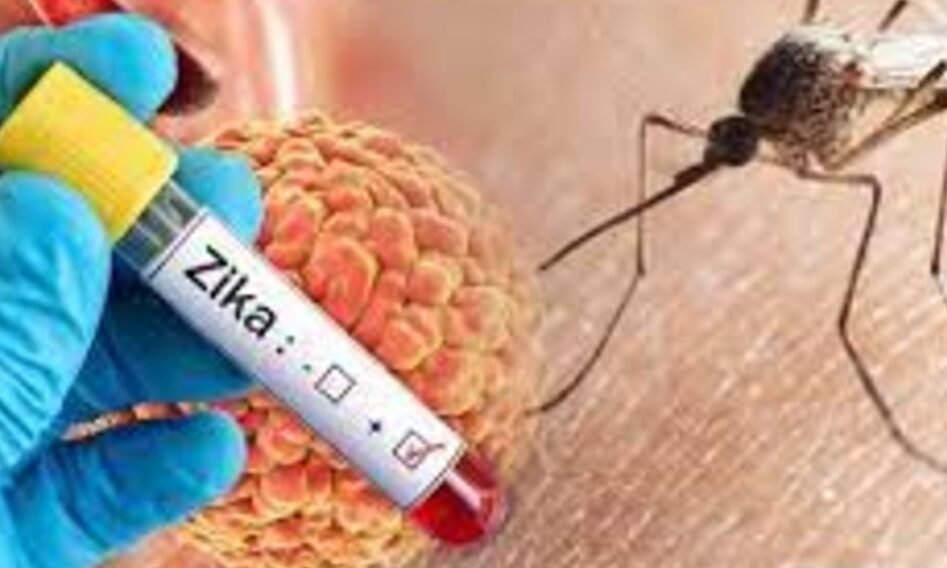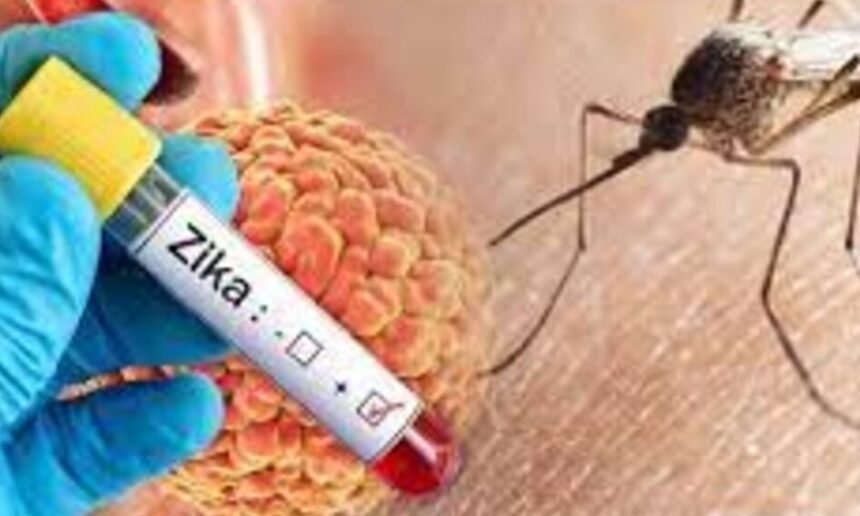Introduction:
In a surprising turn of events, Mumbai, the bustling metropolis on India’s western coast, found itself grappling with its first reported case of Zika virus infection. The discovery, which involved a 79-year-old patient, has raised concerns about the potential spread of the virus within the city. Despite the apprehension, health authorities managed to swiftly identify and contain the situation, underscoring the importance of vigilance and rapid response in the face of emerging health threats.

Patient’s Recovery:
The 79-year-old man, whose identity remains undisclosed, exhibited a range of symptoms including fever, nasal congestion, and a persistent cough starting from July 19. Seeking medical attention from a private healthcare provider, he was discharged on August 2, seemingly on the road to recovery. However, subsequent examination of his sample reports by the National Institute of Virology in Pune revealed that his condition was, in fact, a result of Zika virus infection. Fortunately, by the time the diagnosis was confirmed, the patient had made a full recovery, highlighting the unpredictable nature of viral infections and the importance of accurate diagnosis.
Absence of Local Spread:
The discovery of the Zika case prompted the Brinhanmumbai Municipal Corporation (BMC) to take swift action. Health teams conducted thorough surveys of households within the patient’s neighborhood, hoping to identify any potential local spread of the virus. However, their efforts yielded a reassuring outcome—no suspected Zika cases were found among the surveyed households. This outcome suggests that the infection might have been an isolated case, though vigilance remains crucial as the virus can spread through infected mosquitoes.
Zika’s Unique Characteristics:
Zika virus, primarily transmitted by infected Aedes mosquitoes, has gained global attention over the years due to its association with birth defects and neurological complications. While the elderly patient’s recovery is encouraging, the potential impacts of the virus on different age groups and individuals with pre-existing health conditions remain a topic of ongoing research. The patient, in this case, had a history of various health issues, including diabetes, hypertension, ischemic heart disease, and thalassemia minor, making his recovery even more remarkable.
Preventive Measures:
The BMC wasted no time in implementing vector control measures to address the presence of Aedes mosquito breeding sites. With a focus on parking areas of buildings, the authorities have taken steps to curb the spread of mosquitoes, thereby minimizing the risk of further infections. This proactive approach highlights the importance of public health initiatives in preventing the escalation of outbreaks.
Conclusion:
The emergence of Mumbai’s first Zika case serves as a reminder of the ever-present threat posed by infectious diseases. While the patient’s full recovery is cause for celebration, it also underscores the need for continued vigilance and preparedness. As the city remains on alert, health authorities and residents alike must work hand in hand to prevent the spread of the virus and protect the well-being of the community. This incident is a testament to the power of rapid response and serves as a blueprint for future efforts to tackle emerging health challenges head-on.






